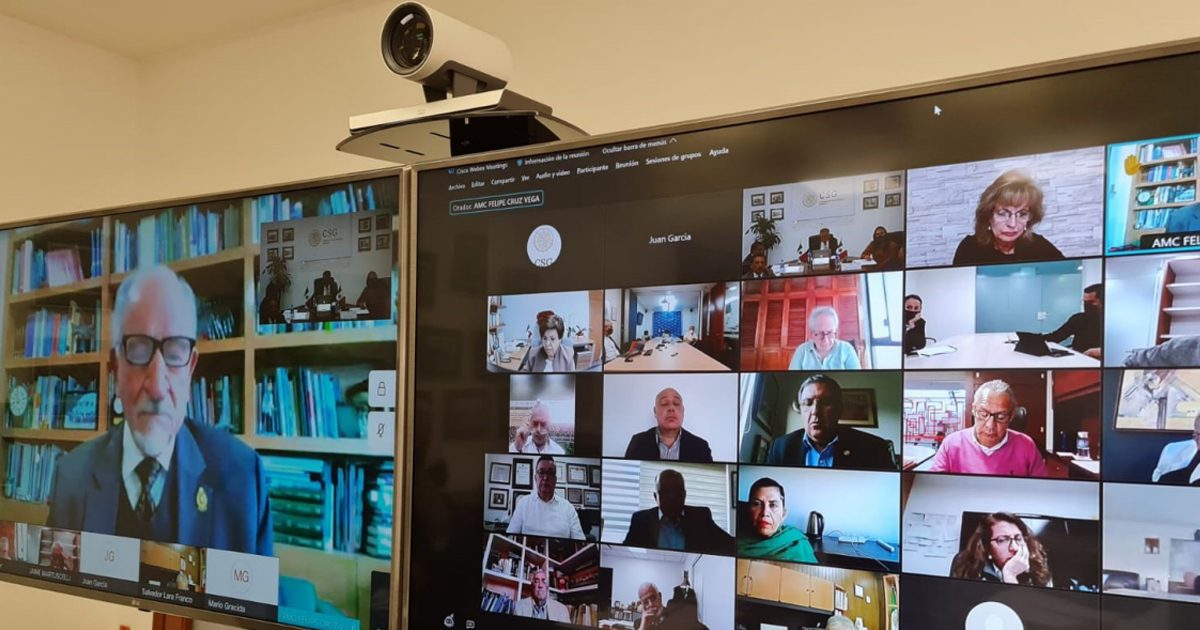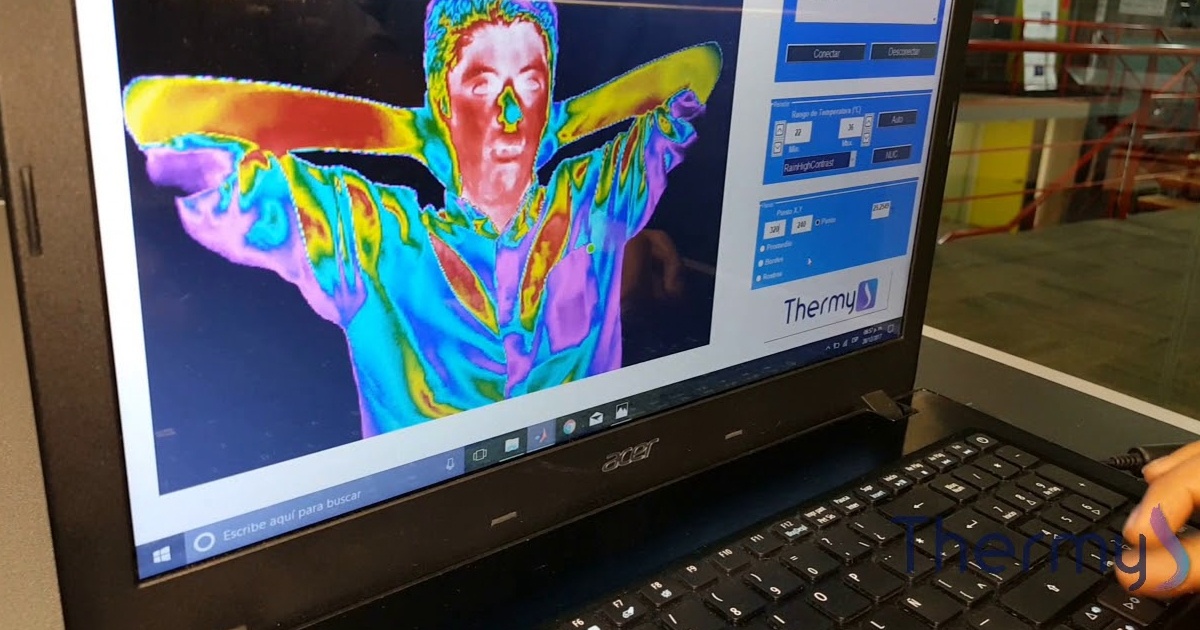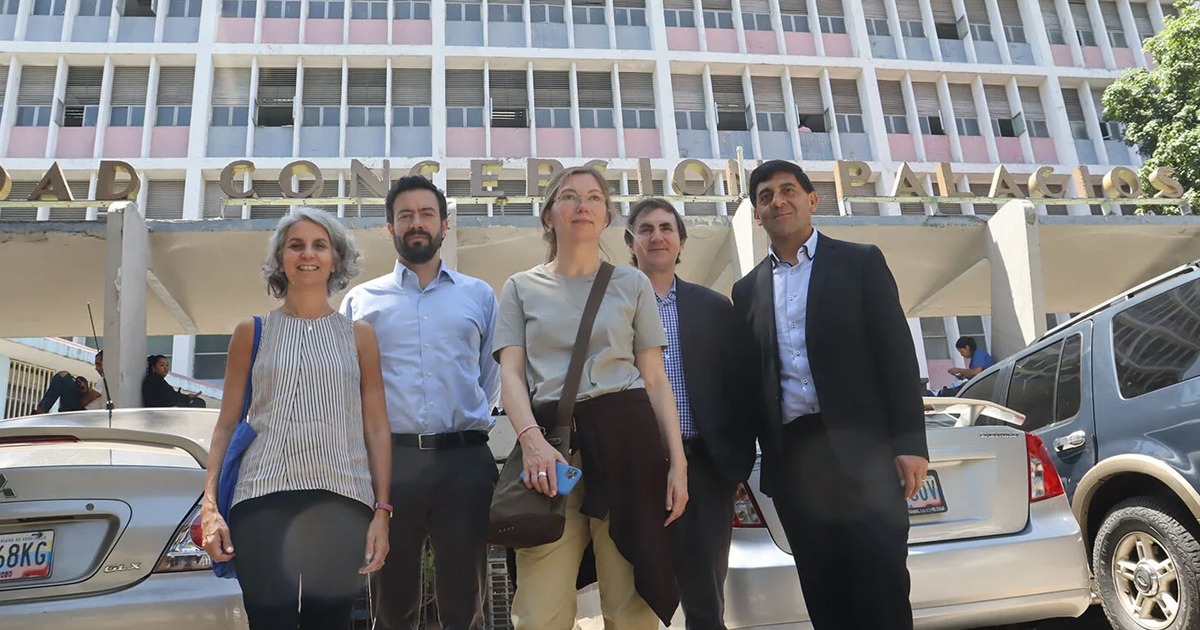At the beginning of December 2021, during a session of the General Health Council (CSG), a strategy for the digitization and automation of the National Compendium of Health Supplies (CNIS) was presented.
The technical secretary of the Interinstitutional Commission of the National Compendium of Health Supplies of the CSG, Dr. César Alberto Cruz Santiago, was responsible for presenting the strategy for modernizing the CNIS processes.
The CNIS is the document of the Government of Mexico where the inputs used by public health institutions to respond to health problems and emergencies experienced by the population are found. It has its own regulations specifying compliance with strict health economics criteria, with the aim of guaranteeing that only safe, effective, cost-effective and proven supplies with scientific evidence are integrated into the CNIS.
“Through a digital platform, it is intended to create a friendly system to make the process transparent; provide greater security in the flow of information; but, above all, it will speed up and facilitate the consultation processes”, explained Dr. Cesar Cruz Santiago, who also works as director of Scientific and Technical Evaluation at the CSG.

In this sense, the CNIS automation strategy has four specific objectives:
- Provide traceability and transparency of the process stages to all parties involved.
- Promote security and information flow.
- Streamline processes by reducing response times.
- Have at all times reliable information that allows obtaining relevant analyzes that support decision making.
For example, the update of the CNIS is divided into the following processes:
- Inclusion: about adding medicines and supplies that do not have a key within the CNIS.
- Modification: Regarding the inputs that are already part of the CNIS, but require an adjustment or update.
- Exclusion: The process that contemplates the withdrawal of drug supplies from the CNIS.
In addition, the updating process includes other phases such as assessment, evaluation and ruling.
In this way, thanks to the automation and digitalization of the processes, the CNIS updates that previously took 60 to 90 days to complete the processes, will now have an average time of 25 to 35 days to complete.
Likewise, this strategy will have a digital platform that will integrate various aspects to promote transparency, with digital signatures, consultation of historical information, creation of profiles, centralized information, monitoring of the status of the process, among others. In this way, the CSG and the CNIS join the National Digital Strategy of the Government of Mexico.






